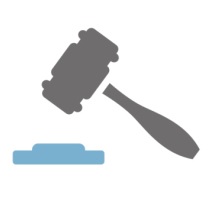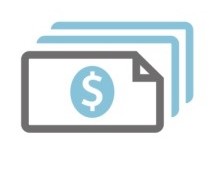Choosing
|
Laws applying to goods sold at auctionThe services the auctioneer provides are covered by the Consumer Guarantees Act. This means auctioneers must provide their services with reasonable care and skill.
Auctioneers are also covered by the Fair Trading Act. That means they can't say or do anything that misrepresents or misleads you about the goods on sale or the auction process. The Auctioneers Act 2013 makes it an offence for a person to carry on business as an auctioneer unless they are registered. Individuals can be fined up to $10,000 and companies up to $30,000. |
When things go wrongThe Auctioneers Association deals with complaints about unethical behaviour, standard of service, negligent advice or service and non-payment of proceeds due and any other matter of concern. Click the COMPLAINTS button to find out more.
|
Read the Small PrintTo make a bid at an auction, you usually have to register and sign an agreement with the auction house, often referred to as the Terms and Conditions of Auction Sales.
Make sure that you check and understand this first, and ask if you are unsure. The agreement will contain some of the rules of the auction that you need to know about before you buy. Some COMMON EXAMPLES of such conditions include:
|
Advice for Selling at an Auction
|
Advice for Buyers at an Auction
|
Photo used under Creative Commons from Cedpics











